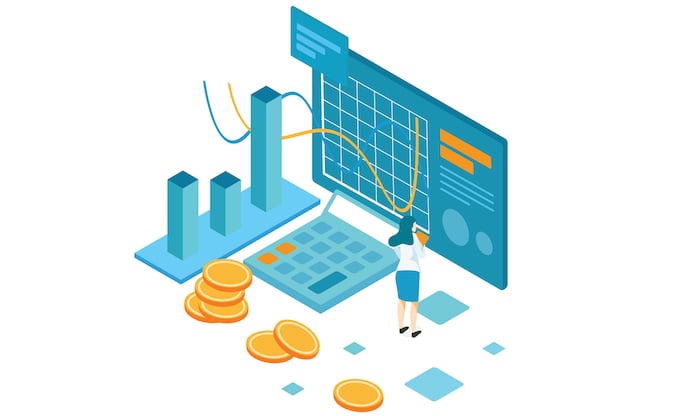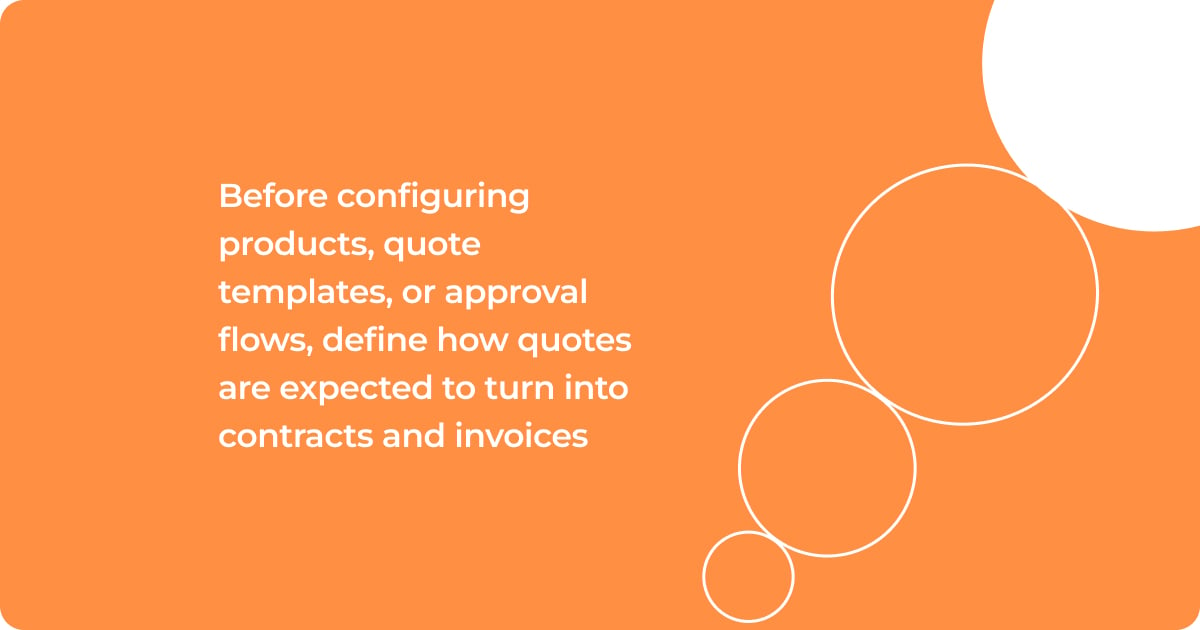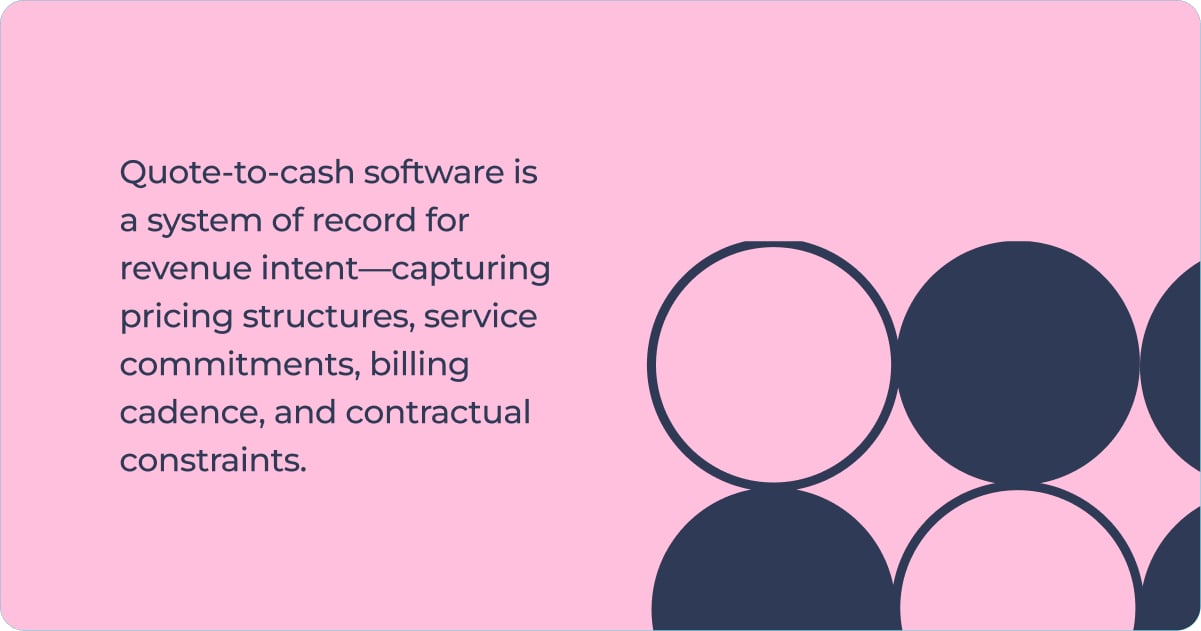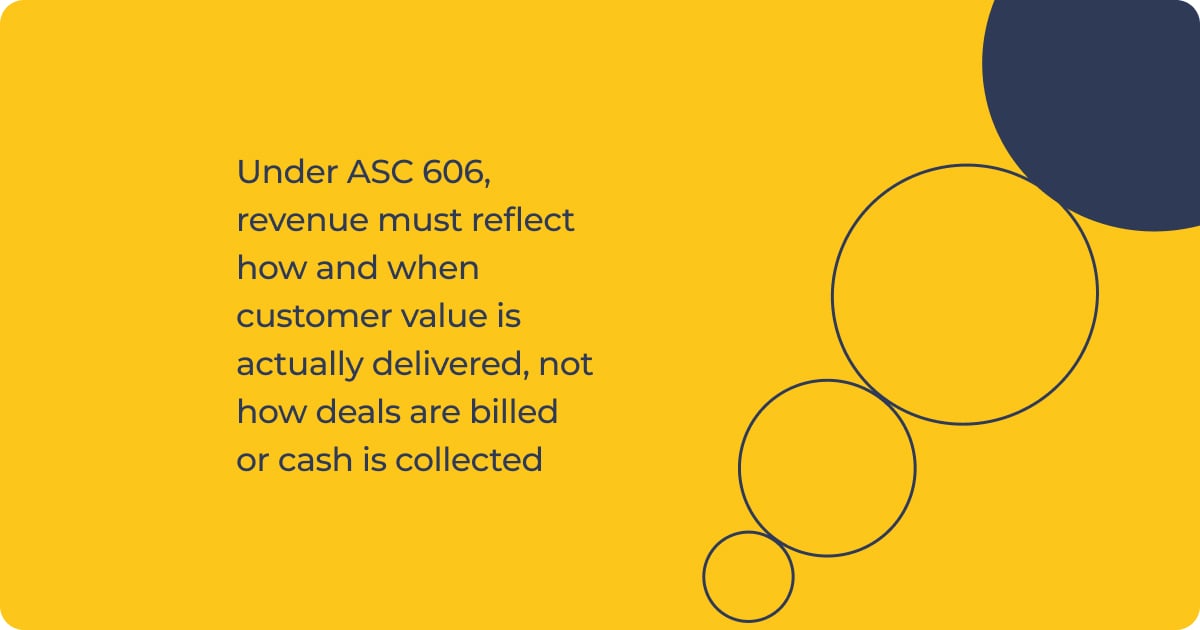(This blog was updated in November 2025.)
A typical value proposition of a managed service provider (MSP) is to help customers operate more efficiently by taking care of their IT needs. This includes a variety of services—from software to hardware and network infrastructure.
The rise of public cloud services has added complexity, as customers now require cloud management services such as migration, deployment, and optimization on top of traditional offerings.
Managing diverse services, pricing models, and data streams creates an operational challenge for MSPs. Pricing and billing should ideally be scalable, reliable, transparent, and flexible.
In 2025, this is no longer optional. Billing systems must also deliver actionable insights for business decisions. The importance of billing data is increasing, and the ability to process and analyze this data is critical for agility, profitability, and customer satisfaction.
MSPs Require Capable Billing Software to Manage Billing Data
MSP revenue streams often rely on customer consumption data, such as:
- Cloud services usage
- Network traffic
- Backups
- Professional services
- Monitoring services
These data points must be tied to customer contracts and price catalogs. Without automation, this process depends heavily on manual work—retrieving data from source systems, mapping it to contracts, and reconciling errors.
Historically, MSPs have relied on Excel spreadsheets or in-house tools, followed by manual editing and reconciliation before feeding data into ERP systems for invoicing. But ERPs and spreadsheets cannot handle the complexity of modern MSP pricing models. Manual processes also sacrifice transparency and scalability.
Billing data is the source of revenue and should be treated with care. Beyond revenue assurance, billing data provides insights into customer behavior:
- Which services are most used?
- Which offerings are growing or declining?
- What pricing models maximize profitability while delivering customer value?
A centralized billing system becomes a strategic asset for planning and customer relationship management.
Why Billing Data Matters for Customers
Billing data is valuable for customers too, but only if MSPs can report usage at a detailed level. Manual processes often fail to deliver this transparency. Automated MSP invoicing software solves this by generating clear, itemized invoices that customers can trust. These invoices improve client satisfaction and help customers manage their own budgets effectively.
Data Mediation: A Key Competency in MSP Billing Software
To truly leverage billing data, MSPs need to move from “data gathering” to “data-driven operations.” Here are three critical competencies:
- Regain Data Reliability Through Ownership: Automation cannot fix unclear responsibilities. Establish ownership and processes for billing data to correct errors at the source. This prevents redundant corrections and ensures accuracy across systems.
- Ensure Robust Data Mediation: Data mediation—the process of collecting, validating, and converting data into a format the billing system understands—is essential. MSP billing software must read data at a granular level to support detailed reporting and analytics. Grouping or oversimplifying data limits its usefulness later.
- Achieve Financial and Contractual Transparency: A modern MSP billing system should automatically apply correct pricing for consumption, events, and contractual elements. It must handle mid-cycle changes like upsells or downgrades, automate revenue recognition, and provide detailed invoice specifications. Transparency across contracts, pricing, and billing is the backbone of an efficient MSP operating model.
What’s Shaping MSP Billing
The MSP industry is evolving rapidly, and billing systems must keep pace. Here are the some trends:
- Automation and AI in Billing: AI-powered invoicing adds a layer of reporting that’s easier for the average user. For instance, genAI agents can detect anomalies or you can use a chatbot to engage in simple dispute resolution.
- Usage-Based and Subscription Pricing: MSPs increasingly adopt consumption-based models, requiring flexible billing engines. When software is moving towards consumption and value-based pricing, so should MSPs that resell and manage these for enterprises.
- Cloud Billing Complexity: Multi-cloud environments demand billing systems that integrate with hyperscaler marketplaces and support real-time usage metering.
- Integrated Platforms: MSP billing software should now integrate with existing tech stack for end-to-end automation. The ability to ingest data, to use it effectively, and to track it such that it can be exported for accounting are all necessary.
- Client Transparency: Detailed invoices and self-service portals improve trust and reduce disputes.
Benefits of MSP Billing Automation
- Manual billing is time-consuming and error-prone. Automation delivers:
- Efficiency: Eliminates repetitive tasks like data entry and reconciliation.
- Accuracy: Reduces billing errors and revenue leakage.
- Predictable Cash Flow: Automated invoicing ensures timely payments.
- Scalability: Handles complex pricing models and large client bases effortlessly.
- Customer Satisfaction: Provides clear, detailed invoices and flexible payment options.
Key Features to Look for in MSP Billing Software
When selecting MSP billing software or MSP cloud billing software, prioritize these features:
- Automated Invoicing & Recurring Billing
- Flexible Pricing Models: Tiered, usage-based, and hybrid options
- Data Mediation Engine: For accurate usage mapping
- Multi-Currency & Tax Compliance
- Integration with Existing Architecture and Accounting Tools
- Advanced Analytics (or at least, enriched data export)
- Self-Service Portals: For client transparency and convenience
Billing Software Can Transform MSP Companies
Billing is, and has been for a long time, a strategic function. Modern MSP billing systems enable data-driven decision-making, improve operational efficiency, and enhance customer relationships. By automating billing workflows and integrating with service management tools, MSPs can scale confidently while reducing errors and improving profitability.
MSPs that embrace automated billing systems and cloud invoicing software will gain a competitive edge. These tools streamline operations, unlock insights, and deliver transparency that clients demand. If your current billing process relies on manual work or outdated systems, now is the time to upgrade.



